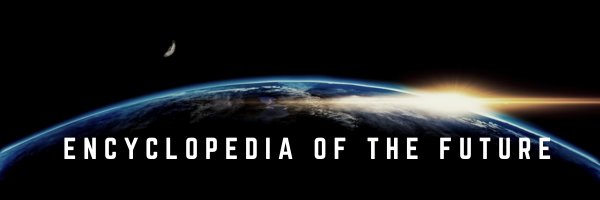Work has always been central to human existence, shaping our identities, communities, and economies. Yet, the 21st century is witnessing an unprecedented transformation of the workplace, driven by the forces of globalization, technological innovation, and shifting societal values. Traditional models of work, centered on long-term employment, rigid hierarchies, and a clear separation between professional and personal lives, are rapidly giving way to a more fluid, dynamic, and interconnected world of work.
This chapter explores how the future of work is being redefined by these forces, emphasizing the profound implications for individuals, organizations, and society. From the rise of automation and artificial intelligence (AI) to the gig economy and universal basic income (UBI), the changes underway are as disruptive as they are exciting. As these shifts unfold, they bring both opportunities for empowerment and challenges that demand careful navigation.
Reading Time: 4 minutes
A World in Transformation
The landscape of work is being reshaped by multiple converging trends. Automation is transforming industries, streamlining processes while raising concerns about job displacement. The gig economy, fueled by digital platforms, is offering new forms of employment that prioritize flexibility but often lack stability and security. Meanwhile, the traditional notion of a linear career path is being replaced by dynamic trajectories that demand adaptability, lifelong learning, and a portfolio of diverse skills.
These transformations are forcing individuals and organizations to rethink fundamental questions: What is the purpose of work in a world increasingly defined by machines? How can we prepare for careers that may not yet exist? What policies and practices are needed to ensure that the benefits of these changes are distributed equitably?
The Role of Technology
At the heart of this evolution lies technology. Automation, AI, and robotics are not only changing how work is performed but also what work is needed. Tasks that were once considered uniquely human—such as analyzing data, generating creative content, or providing personalized customer service—are now being augmented or entirely automated by intelligent systems.
Yet, while technology replaces certain roles, it also creates new opportunities. Emerging fields like AI ethics, renewable energy, and virtual reality development require human ingenuity and specialized skills. The challenge is to ensure that workers are equipped to transition into these new roles, supported by education systems, training programs, and forward-looking policies.
The Human Dimension
As technology takes on more routine tasks, human capabilities like creativity, critical thinking, and emotional intelligence are becoming increasingly valuable. Organizations are adapting by fostering environments that encourage innovation and collaboration, leveraging the unique strengths of human teams alongside technological tools. Leadership, too, is evolving, with a growing emphasis on empathy, adaptability, and the ability to navigate complexity.
At the same time, society is reexamining the meaning of work itself. In a world where economic survival may no longer depend on traditional employment, thanks to ideas like UBI, work could become more about purpose and fulfillment. Whether through creative endeavors, community service, or personal growth, the future of work may be as much about enriching lives as it is about earning a living.
A Vision for the Future
The future of work presents a choice: it can deepen inequalities, leaving many behind, or it can become a driver of human flourishing. By embracing innovation responsibly, fostering inclusive policies, and rethinking outdated norms, we can build a future where work enhances individual well-being, strengthens communities, and contributes to a more equitable and sustainable world.
This chapter delves into these themes, exploring how cognitive technologies, economic shifts, and societal values are converging to redefine work. Through this journey, it offers insights into navigating the challenges ahead and creating a future where work is a source of dignity, opportunity, and purpose for all.
Modification History File Created: 12/08/2024 Last Modified: 01/16/2025
You are welcome to print a copy of pages from this Open Educational Resource (OER) book for your personal use. Please note that mass distribution, commercial use, or the creation of altered versions of the content for distribution are strictly prohibited. This permission is intended to support your individual learning needs while maintaining the integrity of the material.
This work is licensed under an Open Educational Resource-Quality Master Source (OER-QMS) License.

